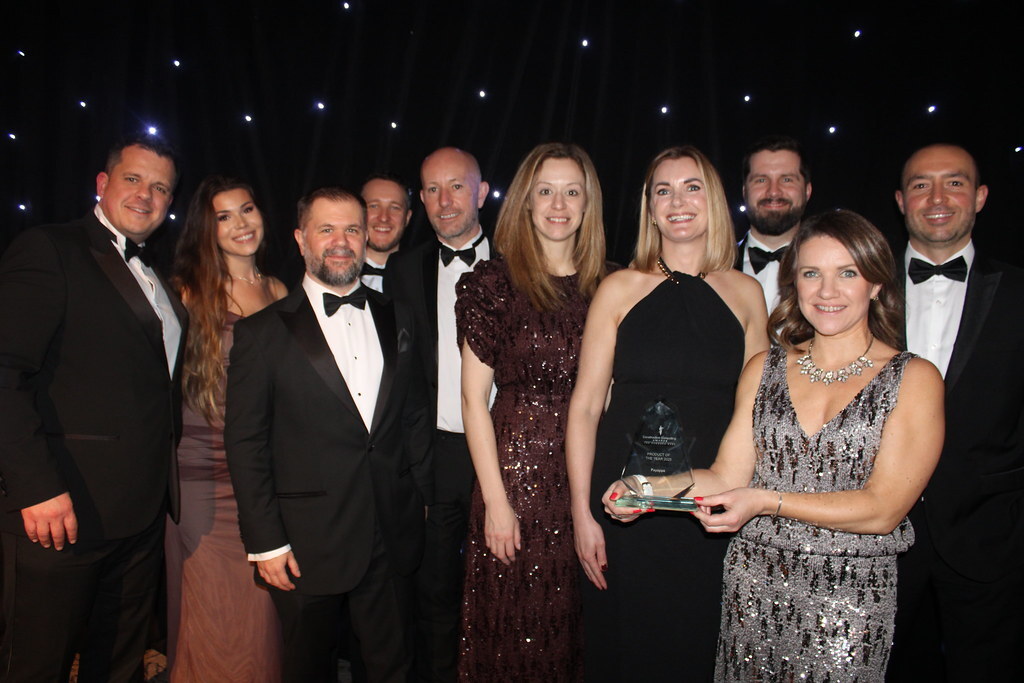Five years ago, in 2016, Mark Farmer, CEO of Cast Consultancy was tasked with reviewing the status quo in the construction industry, specifically concerning business and labour models. The ensuing report stressed that the construction industry needed to undergo a radical transformation.
Entitled ‘Modernise or Die’, the report concluded that continuing to do things as they had always been done would not be sufficient for the long term growth of the industry. Construction needed innovation and investment in order to ensure value for clients and enable businesses to prosper.
So, half a decade later, how much has the industry taken this on board and taken steps to modernise before it is too late?
The review identified a number of critical areas, or ‘symptoms’ which were seen as indicative of poor performance and failure. Many of these symptoms have plagued the industry for years:
- Low productivity
- Fragmentation throughout the sector
- Poor collaboration
- Skills shortages
- An ageing workforce
- Lack of investment & innovation

The report identified three root causes behind these ‘symptoms’:
- A ‘survivalist’ structure to the industry
- The interests of the industry and end clients not being aligned
- The lack of a strategic framework to address the first two issues
The industry was not in a good place and more recently, with the UK having just elected to leave the European Union, it was thought the following years would both provide unprecedented risks but also opportunities for change.
Of course, nobody would ever have predicted the events of the past year, which have amplified these risks and issues even more so.
Modernise or Die – The Farmer Review 5 Years On
In a London Build Online webinar Payapps hosted earlier in the year, Mark addressed some of the issues he had raised in his review, particularly around labour shortages, and expressed the opinion that the situation in many ways had in fact worsened.
Construction is still lagging behind other sectors, particularly when it comes to digitalisation. There has been some headway into moving towards a more effective and cohesive supply chain, with some government initiatives like the Construction Playbook being introduced to encourage collaboration and fair practice, but the industry still just isn’t quite there yet.
We have also seen some focus on the labour market, with more schemes being introduced to encourage young people to consider the construction industry as a career choice, trying to address problems of the ageing workforce and the very real danger that skilled labour shortages will cause issues in the coming years. But there is still work to be done.
Interestingly though, it is probably the impact of the pandemic that has really driven the changes that have been seen within the industry.
Businesses and individuals have had no choice but to change and adapt the way they work, as construction has been one of the few industries to be able to continue operating almost all the way through the lockdowns seen in the UK.
Although in some ways social distancing rules have created further fragmentation of the workforce on site, it has also demanded increased communication and collaboration between all parties.
Companies have had to become innovative in their ways of working and where there was once a reluctance to consider new technologies, these developments are now being embraced to allow the industry to continue operating as effectively and efficiently as possible.
Embracing technology will also help to make the industry more attractive to young people who have grown up in the digital age and expect their workplace to reflect this.
Construction has taken the first steps into a long journey and these positive changes must continue if the industry is going to bring itself into the 21st century and ensure its sustainability for years to come. Hopefully, now, 5 years on, we have a catalyst to drive industry change forward, although it’s not quite the catalyst anyone had in mind…




